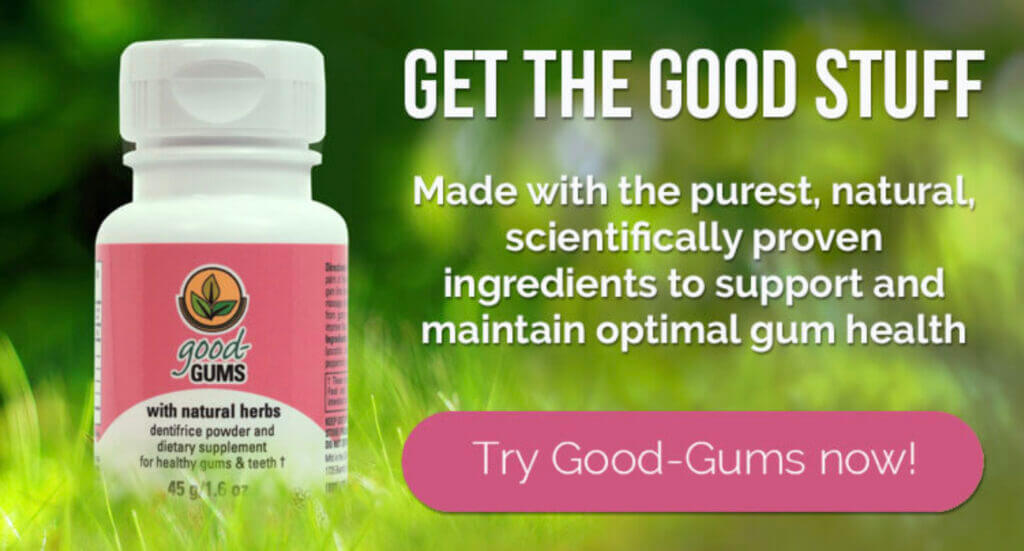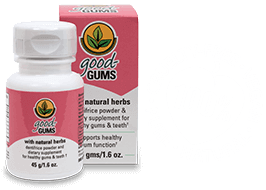Oral Health Linked to Mental Health, New Research finds

Understanding the intricate connection between dental health and mental well-being is crucial in the world of healthcare. However, although healthcare professionals acknowledge the necessity of being aware of their patient’s overall health, oral health tends to get sidelined. This is highlighted by Antoinette V. Shappell, M.D., and Pierre M. Cartier, D.M.D., M.P.H., in a recent Psychiatric News article, where they point out the need for a more holistic approach to patient care, emphasizing that “psychiatrists well understand the need to be aware of all of their patient’s health issues, but sometimes oral health gets overlooked.”
Shappell and Cartier highlight the intricate connections between oral health and mental well-being, stressing the reciprocal influence each has on the other. Problems in dental health can adversely affect a person’s quality of life and worsen existing mental health issues. For example:
- People with inadequate oral health may experience difficulties in eating, speaking, and maintaining self-esteem, ultimately leading to diminished social interactions and negatively impacting mental well-being.
- Anxiety related to dental care is prevalent among many individuals, including those with mental health conditions, often resulting in avoidance of necessary treatments. However, persistent oral pain can further compromise mental health, posing challenges in the treatment of existing mental health conditions.
- The symptoms associated with mental illnesses have the potential to contribute to suboptimal nutrition, subsequently negatively impacting dental health.
- People grappling with mental illness, especially those displaying symptoms of severe mental conditions, may find it challenging to adhere to an effective daily dental care routine and face obstacles in accessing the necessary dental treatments.
Shappell and Cartier talk about four common dental issues seen in people with mental health challenges: tooth decay, gum diseases, dry mouth (xerostomia), and teeth grinding (bruxism). Dry mouth can happen due to anxiety and as a side effect of certain medications. They recommend using easily available products like oral moisturizers, mouth rinses, toothpaste, or xylitol gum to alleviate dry mouth. Dealing with teeth grinding, which can harm teeth and cause jaw pain, involves wearing a night guard and collaborating with a psychiatrist to manage medication effects and psychological aspects. Seeking therapy can also be beneficial for individuals who are highly anxious about dental visits.

Oral Health and Dementia
Oral health poses specific challenges for older adults, especially those with dementia, who may struggle with daily routines and comprehensive oral care. Research indicates a connection between periodontal disease, tooth loss, and an increased risk of dementia. Recent studies also reveal a correlation between gum disease and the formation of amyloid plaque associated with Alzheimer’s disease. Alpdogan Kantarci, D.D.S., MSc, Ph.D., a co-author of the study, states, “The mouth is part of the body, and if you don’t take care of oral inflammation and infection, you cannot really prevent systemic diseases, like Alzheimer’s,” as reported by Science Daily.
In addressing these concerns for older adults, Shappell and Cartier provide practical suggestions for prevention and care:
- Those at risk of neurodegenerative disorders should prioritize regular comprehensive oral care, including preventive dental visits.
- Replacement of missing teeth, either through dental implants or dentures, is recommended for those with missing teeth. This not only enhances nutrition and quality of life but also reduces the risk of both physical and mental decline.
- For individuals with advanced dementia, efforts to maintain oral comfort and prevent acute dental conditions can significantly contribute to overall well-being.
Shappell and Cartier stress the need for a collaborative approach within the entire healthcare team, suggesting that dentists, physicians, social workers, mental health professionals, and others work together to address both dental health and mental well-being.
Good-Gums as a preventive measure
Along with a healthy diet and lifestyle, using a natural oral health product devoid of all toxins and chemicals is, without a doubt, the most beneficial thing you can do for your oral (and overall) health.
Firstly, we recommend completely giving up using toothpaste! We know that’s a tall order for some of you, but most kinds of toothpaste are filled with harmful toxins and chemicals detrimental to your health, oral and otherwise. Even the “natural” kinds of toothpaste from health food stores contain glycerin, which forms an invisible coating over your teeth and gums that acts as a barrier to essential nutrients and significantly hinders your body’s natural healing processes.
Good-Gums is a solution for gum health made from 100% natural ingredients and jam-packed full of vital nutrients that are designed to be easily absorbed by your gums, giving nutrition to your entire body.
We use myrrh, peppermint, baking soda, French grey sea salt, cinnamon, cranberry, vitamin C, and citrus bioflavonoids – and nothing else! If you’d like to know more about the potent, powerful qualities of each ingredient we use, check out our ingredients list.
Your mouth is the window to the rest of your bodily health, so by looking after your gums, it’s not just gum disease you keep at bay.
Click here to try Good-Gums.

Subscribe To Our Newsletter
Be the first to receive all our news, offers and natural oral health tips and articles.


